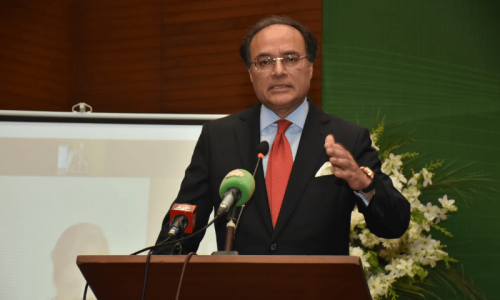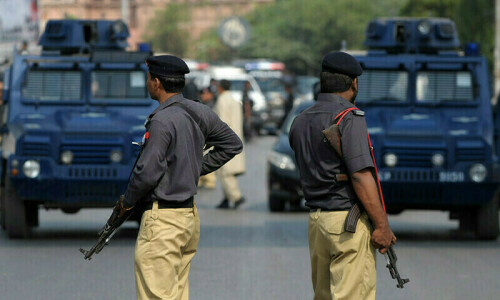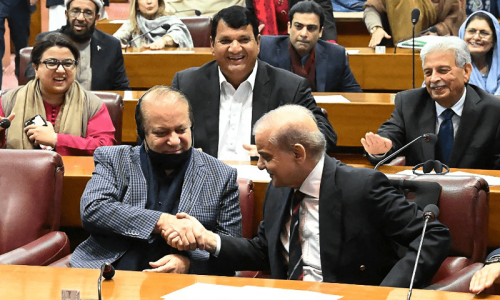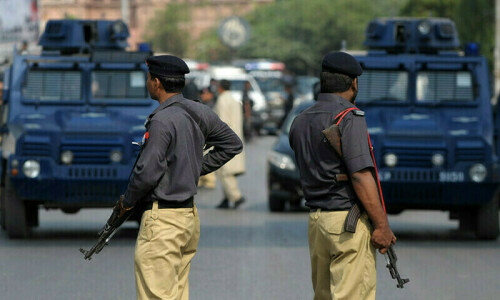BERLIN, April 24: Germany’s foreign intelligence service came under fire on Thursday after it emerged that the agency illicitly monitored emails between an Afghan minister and a journalist.
A parliamentary commission (PKG) investigating the activities of the secret services sharply criticised the Federal Intelligence Service (BND) and its chief Ernst Urlau, saying the affair had undermined faith in the agency.
“The trust between the PKG and the leadership of the BND has been violated by this,” it said, calling the espionage “a grave breach of basic rights”.
The story broke last week, when Urlau apologised to the journalist for the German news weekly Der Spiegel, Susanne Koelbl, whose emails were read by BND agents from June to November 2006.
It only emerged onnn Thursday that it was not the reporter but the Afghan official, identified on Thursday by Der Spiegel as Economy Minister Mohammad Amin Farhang, who was the target of the operation.
It was unclear why the BND had set its sights on Farhang, who has a German passport and lived for several years in Germany.
The magazine said Farhang had been a secret source for several of its articles in recent years and that it had asked his permission before revealing his name.
The parliamentary commission said it was unacceptable that Urlau had not informed the German government or the commission about the case. But it stopped short of recommending his resignation.
The commission also criticised the fact that the BND’s top officials themselves had only learned of the case one year after the operation, a violation of an internal policy requiring official clearance.
Der Spiegel called the case “a grave encroachment on press freedom” and threatened to take legal action against the BND.
A deputy from Chancellor Angela Merkel’s conservative party, Hans-Peter Uhl, said a draft law would be drawn up in the coming months to rein in the BND by bolstering parliament’s powers to monitor the agency.
Meanwhile the daily Berliner Zeitung said the BND had spied on other German journalists in Afghanistan.
A former Afghanistan correspondent for ZDF public television, Ulrich Tilgner, told the paper that a German diplomat had warned him he was being monitored due to his contacts with the kidnappers of a German engineer who has since been released.
The BND denied the allegation.
The agency has come in for criticism frequently in recent years and has been the target of several parliamentary probes.
In 2006, deputies investigated spying by the BND on German journalists as part of an attempt to determine the sources of leaks by agency staff to the press.
The same year, a commission was created to investigate allegations that the German secret services assisted the CIA during the US invasion of Iraq in 2003, which the government at the time, led by chancellor Gerhard Schroeder, had strongly opposed.
And this month, the BND admitted it was aware that German police officers had been secretly training Libyan security forces but had failed to notify the government.—AFP














































Dear visitor, the comments section is undergoing an overhaul and will return soon.